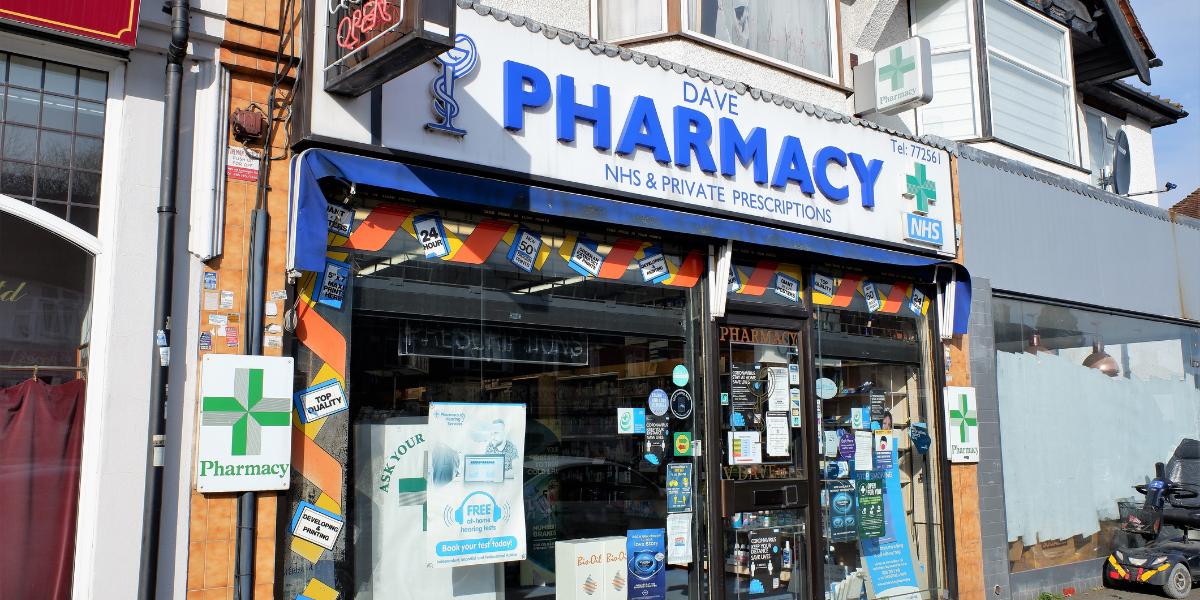- A UK survey has found that almost 1 in 4 people have purchased medicine online or from a pharmacy
- Almost 1 in 5 people (19%) went to A&E for the same issue
- 1 in 6 people (16%) agreed that it was difficult to secure an in-person GP appointment
Nearly one in four people have purchased medicine online or from a pharmacy to treat their ailment despite failing to see a GP in person, highlighting the increase of do-it-yourself therapy.
According to a survey commissioned by the Liberal Democrats and conducted by Savanta ComRes, almost one in five people (19%) had gone to A&E seeking urgent medical treatment for the same reason.
When asked whether the difficulties in securing an in-person family doctor appointment meant they had “carried out medical care on yourself or requested someone else who is not a medical professional to do so,” one in six people (16%) agreed.
The study included 2,061 UK people who were typical of the broader population.
- Nurses stage second day of strike action as Government refuses to negotiate pay
- Long waits for ambulances putting lives at risk, paramedics say
The survey also also discovered that 11% of people had paid for private medical treatment.
This is consistent with a recent Office for National Statistics finding that one in every eight Britons has paid for private treatment or utilised their medical insurance to get private-sector care as a direct result of the rising difficulty patients encounter in accessing NHS facilities.
The Liberal Democrats’ leader, Ed Davey, called the delays and difficulties in obtaining GP appointments a national scandal, and claimed face-to-face GP visits had become virtually “extinct” in some sections of the UK.
Dr Richard Van Mellaerts, the British Medical Association’s GP committee deputy chair (England) said: “While self-care and consulting other services such as pharmacies and NHS 111 will often be the right thing to do for many minor health conditions, it is worrying if patients feel forced into inappropriate courses of action because they are struggling to book an appointment for an issue that requires the attention of a GP or a member of practice staff.”
- How do I know if I have a cold, the flu or coronavirus?
- Parents of children with type 1 diabetes struggling to get appropriate care at school
Meanwhile, the leader of Britain’s A&E doctors has stated that up to 500 people may die each week as a result of delays in emergency care.
Dr Adrian Boyle, head of the Royal College of Emergency Medicine, told Times Radio that a poor flu season was exacerbating systemic problems in the NHS, commenting: “We need to be in a situation where we cannot just shrug our shoulders and say, ‘This winter was terrible, let’s do nothing until next winter.’ We cannot continue like this.”






